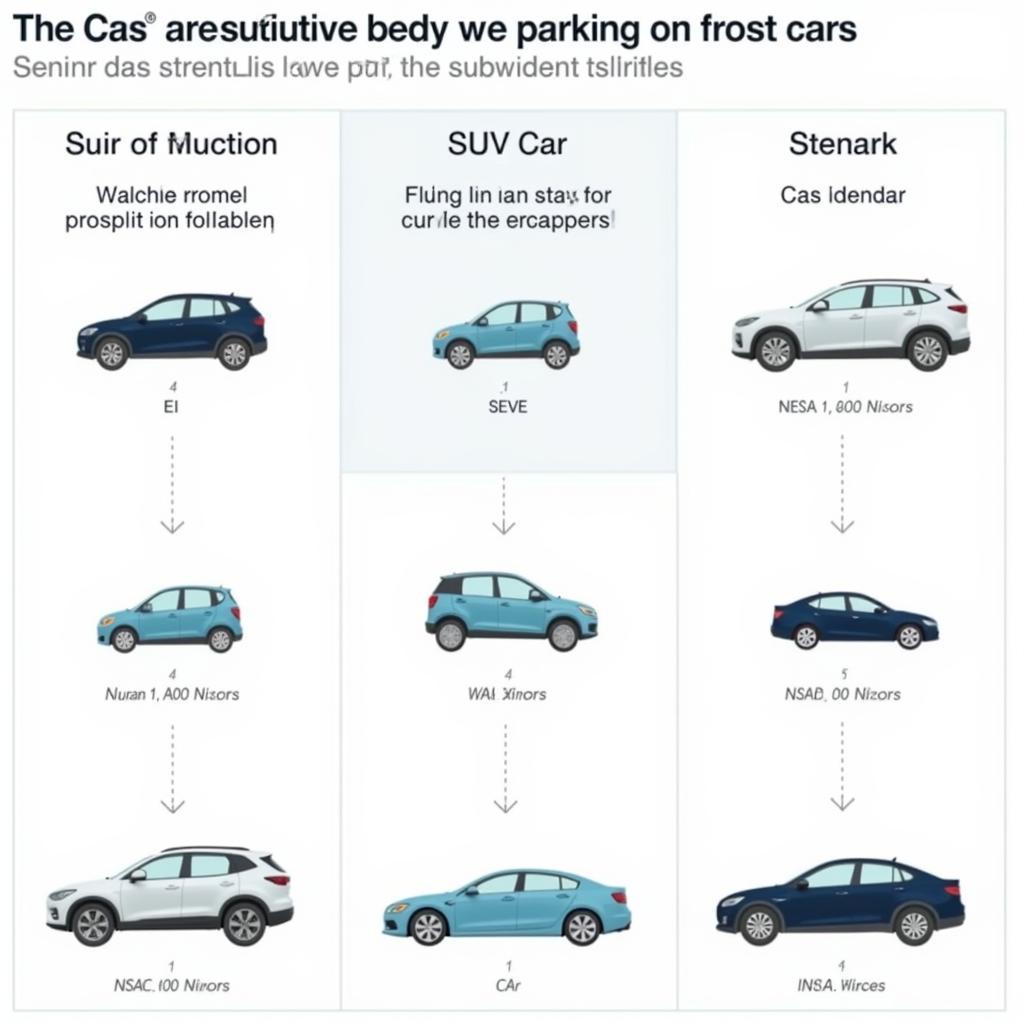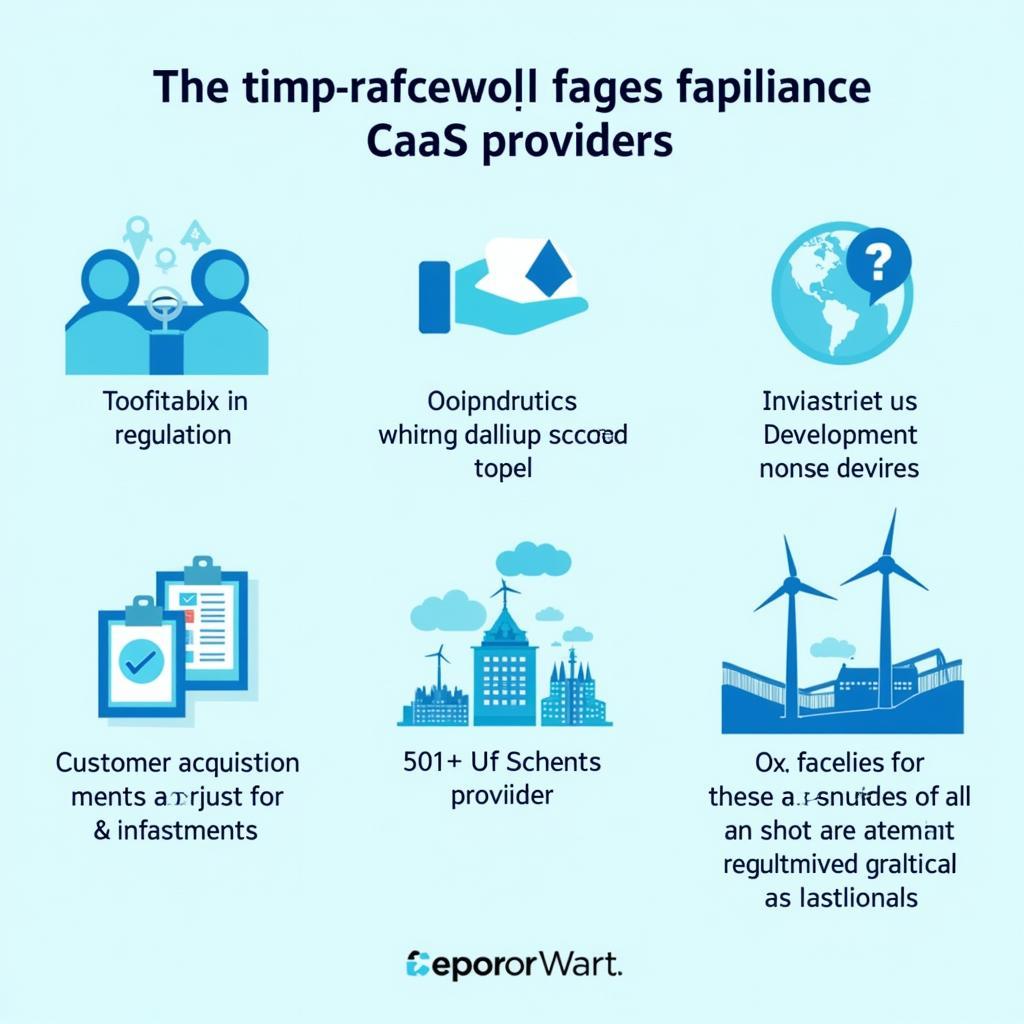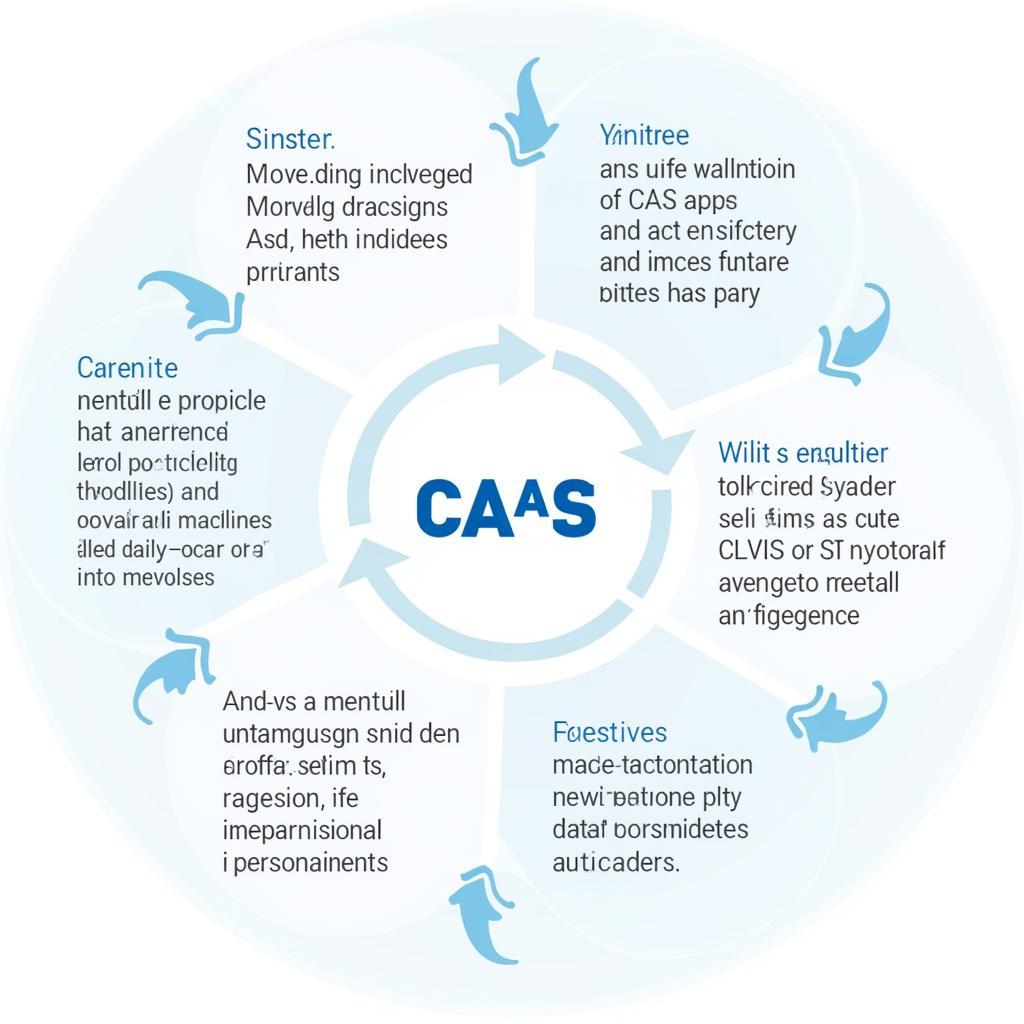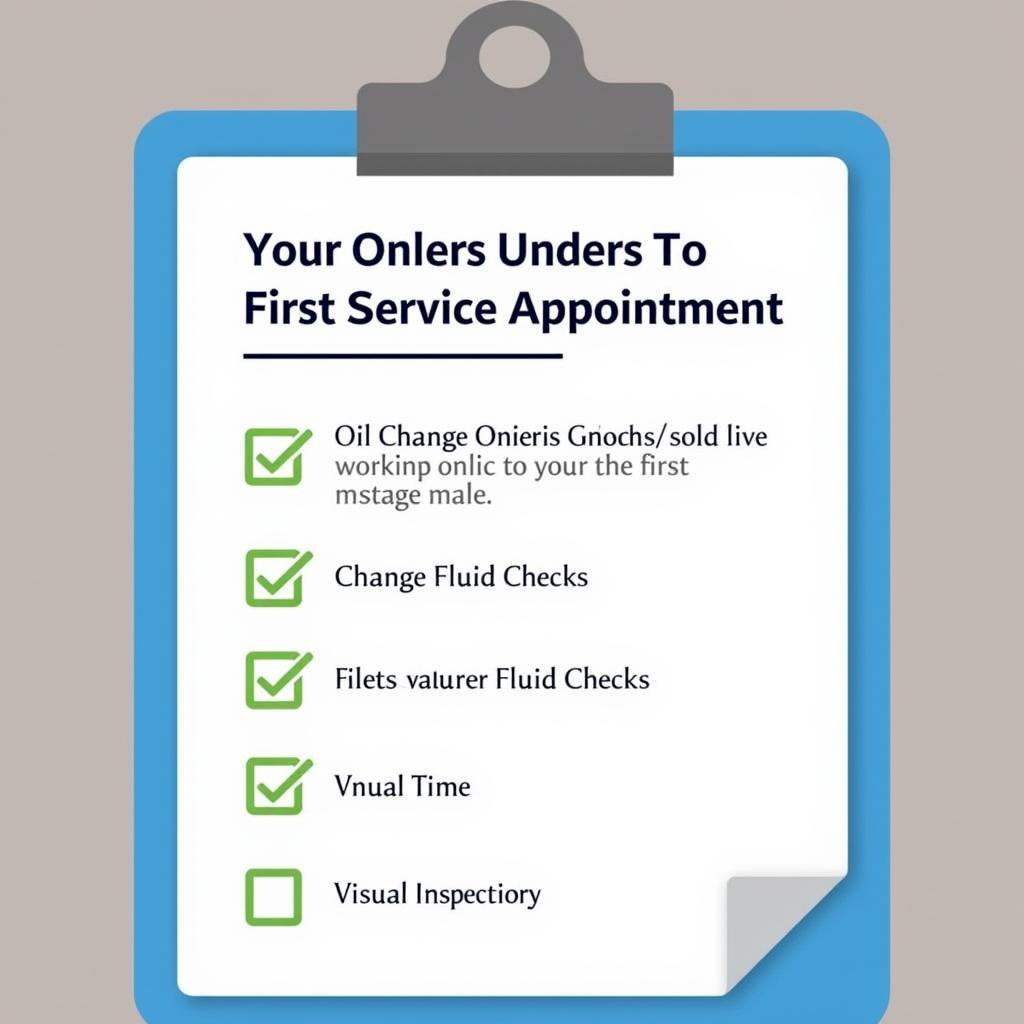Mastering Car as a Service Interview Questions
Car as a Service (CaaS) is rapidly changing how people access and use vehicles. This shift presents exciting job opportunities for those passionate about the automotive and mobility sectors. Whether you’re interested in fleet management, customer service, or technical roles, understanding the key concepts of CaaS and performing well in interviews is essential.
This comprehensive guide breaks down commonly asked Car As A Service Interview Questions, providing insightful answers and tips to help you confidently navigate your next interview and secure your dream job in this growing industry.
What is Car as a Service (CaaS)?
CaaS goes beyond traditional car ownership or leasing by offering a flexible, subscription-based model. Instead of purchasing a vehicle outright, customers subscribe to a service that provides access to a vehicle for a specific duration, usually on a monthly basis. This fee typically covers insurance, maintenance, and roadside assistance, providing a hassle-free experience for users.
 car-as-a-service-model
car-as-a-service-model
Why is CaaS Gaining Popularity?
The rise of CaaS can be attributed to several factors, including changing consumer preferences, technological advancements, and a growing focus on sustainability.
- Flexibility and Convenience: CaaS offers unparalleled flexibility, allowing users to switch between vehicle types based on their needs and avoid long-term commitments associated with traditional ownership.
- Cost-Effectiveness: By bundling various costs into a single monthly payment, CaaS can potentially offer cost savings compared to traditional car ownership, especially when factoring in depreciation, insurance, and maintenance.
- Technological Advancements: The growth of connected car technologies, telematics, and data analytics has enabled the development of sophisticated CaaS platforms that provide seamless user experiences and efficient fleet management.
- Sustainability: CaaS can promote the adoption of electric vehicles (EVs) by mitigating barriers such as high upfront costs and range anxiety.
What are the Different Types of CaaS?
CaaS encompasses a range of services tailored to different needs and budgets. Some common types include:
- Short-Term Subscription: Offers flexible vehicle access for weeks or months, ideal for temporary needs or test driving different models.
- Long-Term Subscription: Provides a car for an extended period, typically 12 months or more, resembling a lease but with added services and flexibility.
- Peer-to-Peer (P2P) Car Sharing: Enables private car owners to rent out their vehicles to others for short periods, leveraging idle assets and generating income.
- Ride-Hailing Services: While not strictly CaaS, ride-hailing services like Uber and Lyft provide on-demand transportation through a mobile app, offering an alternative to car ownership.
What are the Key Challenges Faced by CaaS Providers?
Despite its potential, the CaaS industry faces challenges:
- Profitability: Maintaining a profitable business model can be challenging due to high operating costs, especially in the early stages of market penetration.
- Regulation: Navigating evolving regulations related to licensing, insurance, and data privacy can be complex for CaaS providers operating across different jurisdictions.
- Customer Acquisition: Building trust and attracting customers in a competitive market requires effective marketing and communication strategies.
- Infrastructure: CaaS providers need to invest significantly in developing and maintaining robust technology platforms, charging infrastructure (for EVs), and logistics networks.
 challenges-for-car-as-a-service-providers
challenges-for-car-as-a-service-providers
How Do You See the Future of CaaS?
The future of CaaS appears bright, driven by technological advancements, evolving consumer preferences, and a growing focus on sustainable transportation. As the industry matures, we can expect:
- Increased Adoption: CaaS is projected to witness significant growth in the coming years as more consumers embrace flexible, subscription-based models for vehicle access.
- Integration with Autonomous Vehicles: The rise of autonomous driving technology presents a significant opportunity for CaaS providers to integrate self-driving vehicles into their fleets, further enhancing convenience and accessibility.
- Focus on Data and Personalization: CaaS companies will leverage data analytics to personalize services, optimize pricing, and provide tailored recommendations to individual customers.
- Expansion of Mobility Services: CaaS providers may expand their offerings beyond vehicle access to include a broader range of mobility services, such as ride-hailing, parking solutions, and on-demand delivery.
What are Some Important Skills for CaaS Professionals?
Thriving in the dynamic CaaS sector requires a blend of technical expertise, customer service skills, and an understanding of the evolving mobility landscape. Some essential skills for CaaS professionals include:
- Fleet Management: Managing a fleet of vehicles efficiently, including vehicle tracking, maintenance scheduling, and optimization of vehicle utilization.
- Customer Service: Providing exceptional customer support, addressing inquiries promptly, and resolving issues effectively to ensure customer satisfaction.
- Data Analysis: Analyzing data from various sources to identify trends, optimize operations, and make informed business decisions.
- Technology Proficiency: Understanding and working with connected car technologies, telematics, mobile applications, and data analytics platforms.
- Communication and Interpersonal Skills: Communicating effectively with colleagues, customers, and partners to build relationships and convey information clearly.
Expert Insight
“The CaaS industry is on a trajectory of immense growth, fueled by a perfect storm of changing consumer behaviors and technological innovation,” says Jane Miller, Head of Mobility Solutions at XYZ Automotive. “For aspiring professionals, now is the ideal time to acquire the skills and knowledge necessary to capitalize on the myriad opportunities this burgeoning sector offers.”
Conclusion
The CaaS market is dynamic and rapidly evolving. By understanding the key concepts, trends, and potential interview questions, you can confidently navigate the interview process and position yourself for success in this exciting field. Remember to showcase your passion for mobility, your understanding of the CaaS landscape, and your eagerness to learn and adapt as the industry continues to grow.
Frequently Asked Questions (FAQs)
1. How does CaaS differ from traditional car leasing?
While similar in concept, CaaS typically offers shorter commitment periods, greater flexibility in switching vehicles, and often includes additional services like maintenance, insurance, and roadside assistance bundled into the monthly fee.
2. What are the environmental benefits of CaaS?
CaaS can promote the adoption of electric and hybrid vehicles by mitigating barriers like high upfront costs. Additionally, optimized fleet management can lead to reduced emissions through efficient routing and maintenance practices.
3. What are the job prospects in the CaaS industry?
The expanding CaaS market presents numerous job opportunities in areas like fleet management, customer support, software development, data analysis, and business development.
4. What are some reputable CaaS providers globally?
Some prominent players in the global CaaS market include companies like Sixt+, Canvas, and Lynk & Co, among others.
5. What is the role of technology in the future of CaaS?
Technology plays a pivotal role in shaping the future of CaaS, from enabling connected car features and telematics to facilitating data analytics for personalized services and autonomous driving capabilities.
 future-trends-in-car-as-a-service
future-trends-in-car-as-a-service
Need Help With Your CaaS Journey?
Our team of experts at CarServiceOnline is here to support you. Contact us via WhatsApp: +1(641)206-8880 or email [email protected] for 24/7 assistance.

